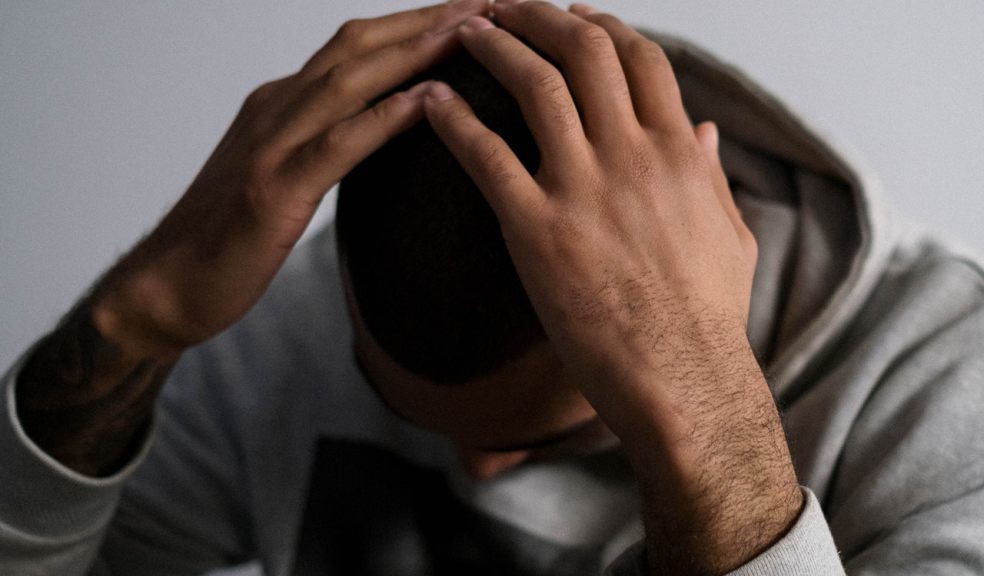
The importance of behavioural therapy in addiction recovery programmes
Whether you believe in therapy or not, you cannot deny that it has been a crucial part of treating addiction.
Whenever someone falls prey to the painful clutches of addiction, keeping aside all the detox medicines that clean your mind, there has to be something that cleans your mind.
This is why they need proper behavioral therapy, which assists them in clarifying their headspace from the constant craving for such substances. There are different kinds of therapy that can help the patient.
One of the pioneer ones is the Cognitive-behavioral one.
What are the behavioural changes in addiction
Before we talk about the therapies given in a detox center and how they help the patient, let us first understand the behavioural symptoms of addiction.
1. Aggressive nature
No matter what the addiction is, it could be food addiction, game addiction, or something more dangerous like intravenous drugs. Sudden aggressive behavior could be a symptom of both.
This is when the patient gets instant anger issues for simple things, especially when they are not able to access these addictive substances.
2. Lack of social inhibitions
Have you ever had a conversation with someone who is suffering from an addiction? There are a few noticeable factors that you are bound to notice. One of them being slurred speech and lack of concentration.
This is because their headspace is constantly influenced by the addiction. They cannot think or crave anything else but that. As a result, they are getting less social and normal.
3. Isolation from family and friends
When these behavioral symptoms start getting very noticeable, addiction patients tend to move away from the normal crowd. They either want to mix with other people suffering from the same addiction, which could be very dangerous, or they simply isolate themselves from everyone.
As a result, for every mental issue, they are suffering from, be it depression or anxiety, they have to handle it independently.
4. Hostile behaviour
Even if someone is trying to talk to them, they are either in denial or are super hostile towards them.
This is caused by their vulnerable state of mind, which is pushing people away with such frustration. In addition, oftentimes, they fear judgment or misunderstanding, and they push people away by being rude to them.
5. Mood swings
Extreme mood swings could be the consequences of heavy addiction. At one point, they feel euphoric because of the closeness with the subject, and when the effects die down, they are aggressive again.
There could be many reasons for this condition. One of them is the psychological mindset that only the substance can make you happy. This can pose difficulty in maintaining a normal life for them.
Importance of behavioural therapy in addiction programmes
Now that we have understood the different ways in which an addiction patient can suffer from addiction. These are some of the ways cognitive behavioral therapy can help them.
1. Recognising the feelings
When someone is recovering from an addiction, with all the medicine for detoxification, withdrawal symptoms, and constant urges, it is very difficult for patients to keep their headspace steady.
Through so much menstrual turmoil, they first need to recognize their feelings before they can work on them. This is the first stage of any cognitive-behavioral therapy, understanding what you feel and why.
2. Understanding the reasons for the urges
Even after the addictive substance is long gone from their system, they still feel this strong urge to consume it again. This is a very common symptom for someone who is recovering from an alcohol or drug addiction.
In this stage, the therapist sits with the patient and tries to decipher the reason behind these strong urges. First, find the fault and then the solution for it.
3. Knowing the triggers
Triggering words, triggering people, triggering environments! Triggers are a big part of a patient's life. At first, they might not be familiar with these triggers, but they constantly go back to them.
The professional tries to find out the triggers through experiments and other activities. Then the patient is taught ways to avoid these triggers at any cost.
4. Learning socialisation again
A patient suffering from addiction tends to isolate themselves from everything. This means all the people who care about them, the friends and the family members. Because of the influence of this addictive substance, they forget normal ways of socializing.
Through individual and group behavior therapies, people are given ways to understand the different ways in which they can learn to socialize normally again.
5. Peer to peer motivation
When we talk about peer-to-peer motivation, we are talking about cognitive development during group therapies. We often hear patients getting motivated by listening to other success stories.
This is why group therapies are so essential. It gives them a sense of belongings which helps them recover from the impending doom of being alone. The thought of other people trying to fight the clutches of addiction gives them the inspiration to go on.
6. Holistic approach of life
Recovery centers treat addiction patients through medical detoxification, support throughout the withdrawal symptoms. However, the therapy doesn’t only free them from the toxic addiction but also gives them a new life.
Through holistic activities like journaling, yoga, and walking, and concentrating on their overall fitness, people are getting a second chance. This is a phenomenal technique used in behavioral therapy.
7. Family behavioural therapy
Behavioral therapy also includes family therapy. This is where the therapist will speak to the family members and teach them the different ways in which they can help the patient.
The family also gets involved in the recovery, and they learn how to turn the home into a safe place for further recovery.
Final note
When the patient finally starts understanding their own problem through these therapy sessions, it is like they notice the light at the end of the tunnel.
They can finally rectify themselves because they now know the problem. The recovery centers also provide the duly needed help.













